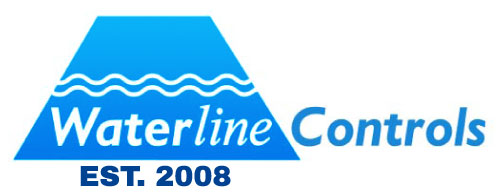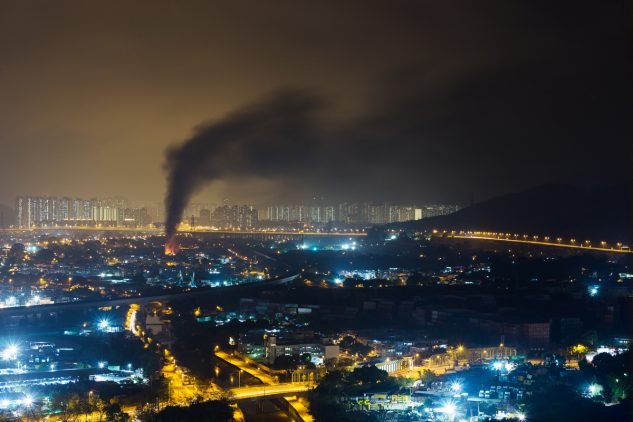Types of Fire Protection Systems
Minimizing the risk of fire at your business or home is highly important. Read on to learn more about the different types of fire protection systems.
Active Systems
- Fire sprinkler systems, fire extinguishers, smoke and fire alarms are all part of an active fire system.
- Active systems can be manually activated or automatically activated.
- Active systems are designed to alert people of an emergency so they can evacuate.
- These systems are most effective when people are aware of how they work and know what to do in case of an emergency. hence why fire drills are so important!
Passive Systems
- Passive fire protection extends the time period for evacuation by suppressing smoke and fire.
- Examples of passive systems more commonly used for commercial installation include fire-resistant walls, fire doors, and fire dampers for air ducts.
- The design of these devices enables them to automatically engage when heat or smoke is detected. Their purpose is to contain the fire in the location that it originated in order to slow it from spreading to other areas of the building.
Clean Agents
- Clean agents protect one-of-a-kind assets. This agent avoids damage often associated with traditional water sprinkler systems.
Gas Systems
- Gas systems work by displacing oxygen that is present.
- These systems are designed to be safe for use in areas where people are working, although if only carbon dioxide is used for fire suppression.
- Gas systems leave no toxic or liquid residue that might damage or be a hazard to property or equipment.
Dry Chemical
- The dry chemicals, also known as powders, are typically made of sodium bicarbonate or mono-ammonium phosphate.
- The powder type will depend on the type of business the system is being installed in.
You can also utilize a combination of above known as hybrid systems. Water Line Controls can assist you in choosing the best options for your business or home.
Waterline Controls™
Our level sensors and controls aren’t just for use in residential potable water holding tanks; some of the other applications include cooling towers, sump pumps, wastewater, boilers, water storage tanks, and building fire protection water tanks.
0

